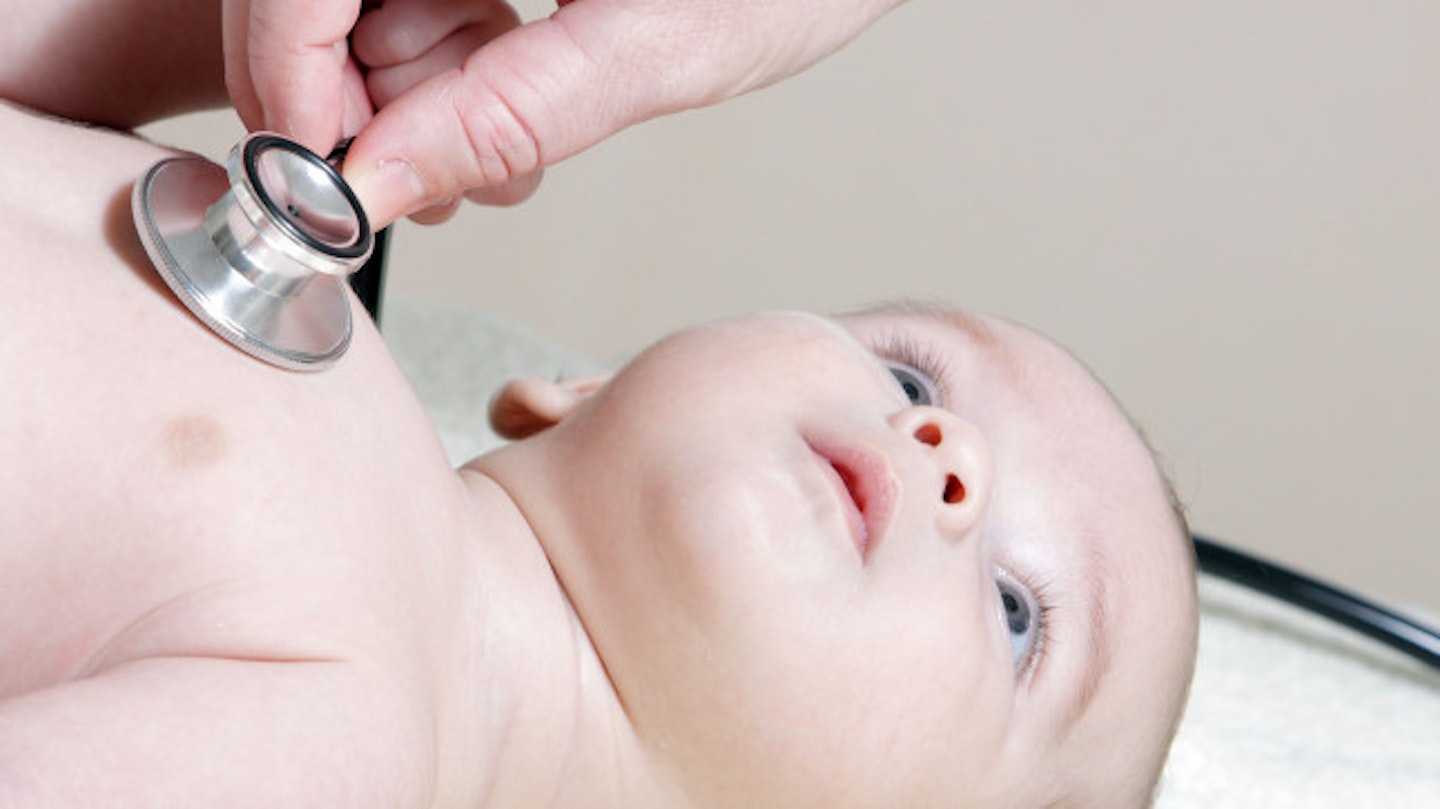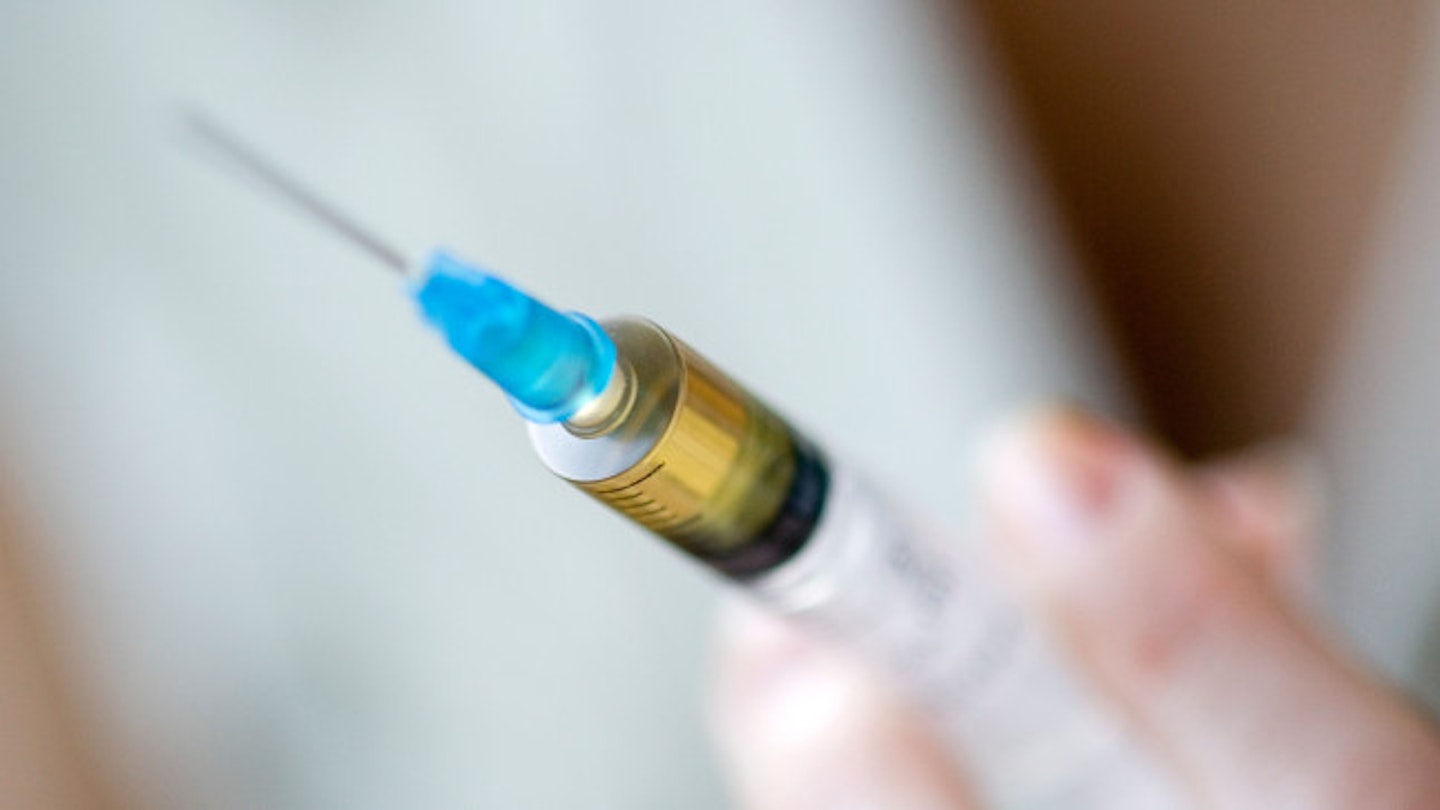Should we experiment on animals for medical research? Yes, says Kayleigh

Antibiotics, diabetes insulin, vaccines for polio and cervical cancer, organ transplantation, HIV treatments, heart-bypass surgery, anaesthetics, the treatments for childhood leukaemia that have allowed so many children to live full and healthy lives… the list goes on.
These medical breakthroughs all have something in common: they were all developed and tested using animals.
"Would you ever tell a mother of a child with leukaemia that she is wrong to accept those drugs for her daughter? Or a woman suffering with cancer that there is absolutely no cure or pain relief available?"
It goes without saying that animal research should ALWAYS be a last resort - which is why all research must pass ethical review with lay people to justify the use of animals. Scientists must also show how they have considered alternative, non-animal methods before they can receive a licence to use animals for their research projects.
People who do not approve of animal testing are allowed to reject drugs or medical procedures which have been developed using animal testing. But would you ever tell a mother of a child with leukaemia that she is wrong to accept those drugs for her daughter? Or a woman suffering with cancer that there is absolutely no cure or pain relief available?
Nobody wants to test drugs on animals - but would you offer yourself up for medical research so we can develop these drugs that we all benefit from? Do you have another solution to the problem? And, if you don't, do you really have a leg to stand on?

I am an animal lover - but I also love my family. And if they desperately needed these drugs, then I can't bring myself to say that all medical animal testing should be stopped. Because, until a viable alternative is provided, what choice do we have?
If we are to find cures for life-shattering illnesses such as dementia, Alzheimer's, multiple sclerosis, paralysis, cancer, schizophrenia, SIDS, Ebola and more, then it is likely that some animal research will be necessary.
In the meantime, we should ensure that the animals used in these experiments are cared for and treated humanely. And that scientists begin developing new testing methods, in a bid to reduce the number of animals used for research in the future.
Should we experiment on animals for medical research? No, says Fiona

Animals do not belong to humans. They are not ours to test on. They should have the right to protect themselves without being forced to live in cages, forced to contract deadly diseases, hurt or demeaned.
"What gives us our humanity is our compassion towards other living things"
Not only is animal testing unfair on animals, but it is also unfair on those relying on scientists to find cures for the world’s most devastating illnesses. Studies have shown over 90% of medicines tested on animals are found to fail or cause harm when they reach the stage of human trials.

Therefore, animal testing is not only detrimental for our furry friends, but is wasting money that should be ploughed into funding more effective and ethical medical research.
Developing blood transfusions as a treatment was delayed 200 years because scientists were testing the method on animals. Operations such as the life saving procedure for ectopic pregnancies was also delayed by 40 years due to vivisection.
Imagine how much faster scientists would be able to find cures to the world's deadliest illnesses if they could test directly on human tissue rather than play a guessing game at the expense of hundreds of millions of innocent animals?
Some of the world's brightest people have found ways to grow human cells in a state-of-the-art systems in order to test important drugs. This method is far more relevant, and saves millions in research costs that would have otherwise been spent on drilling holes in the cat's skulls, infecting monkeys with horrific diseases and forcing mice to run uphill on a treadmill until they collpase from exhaustion.
Despite this, it is routine to test on animals in medical experiments, and this needs to stop.
What gives us our humanity is our compassion towards other living things. Testing on animals is inhumane, ineffective, outdated and we should be above it.
